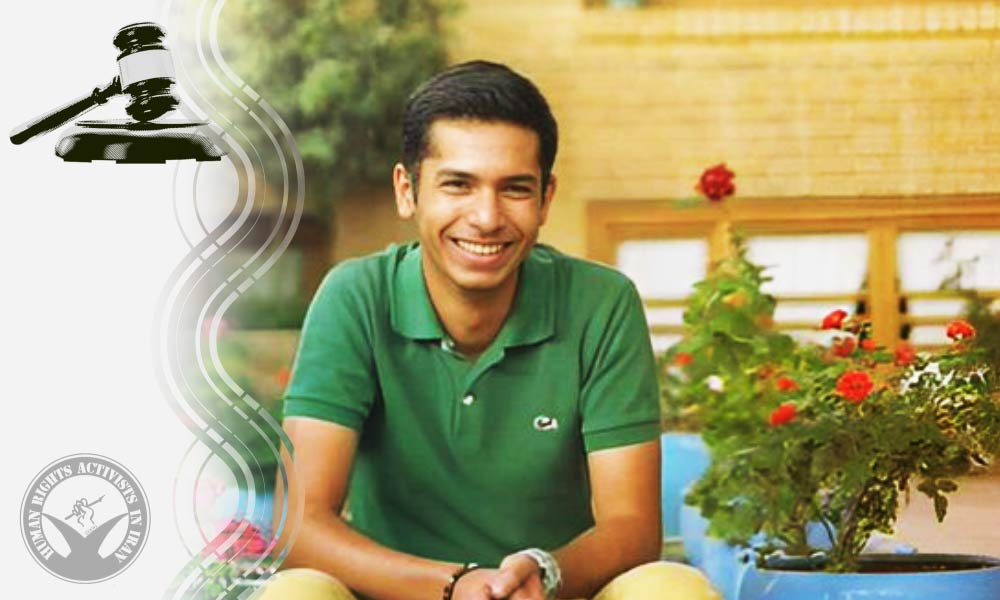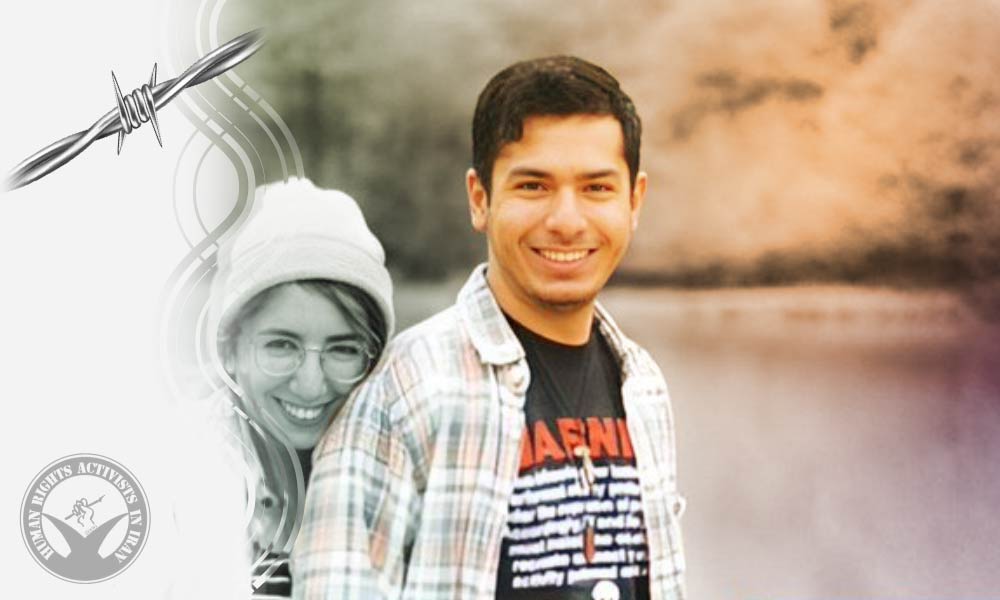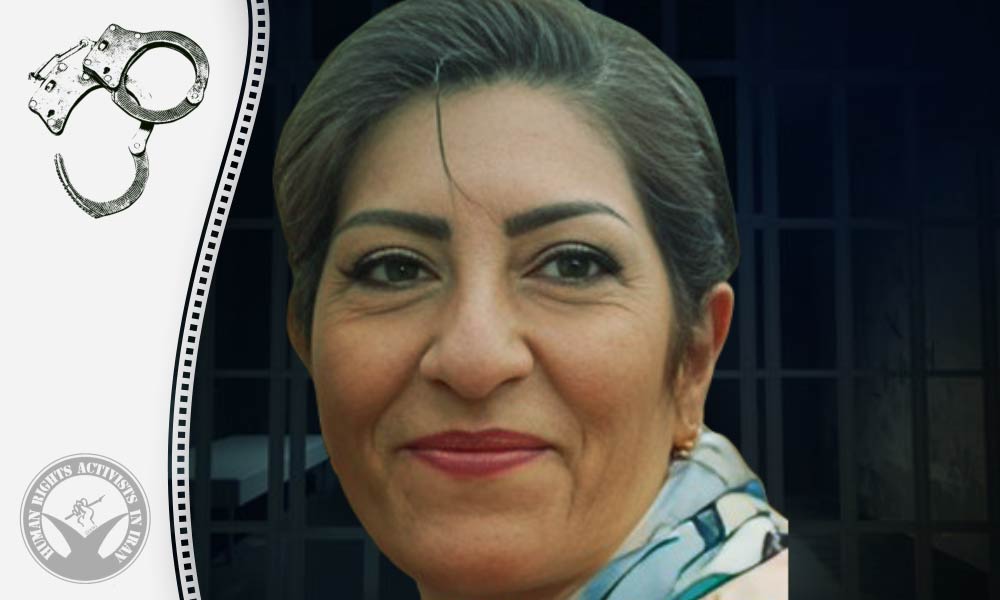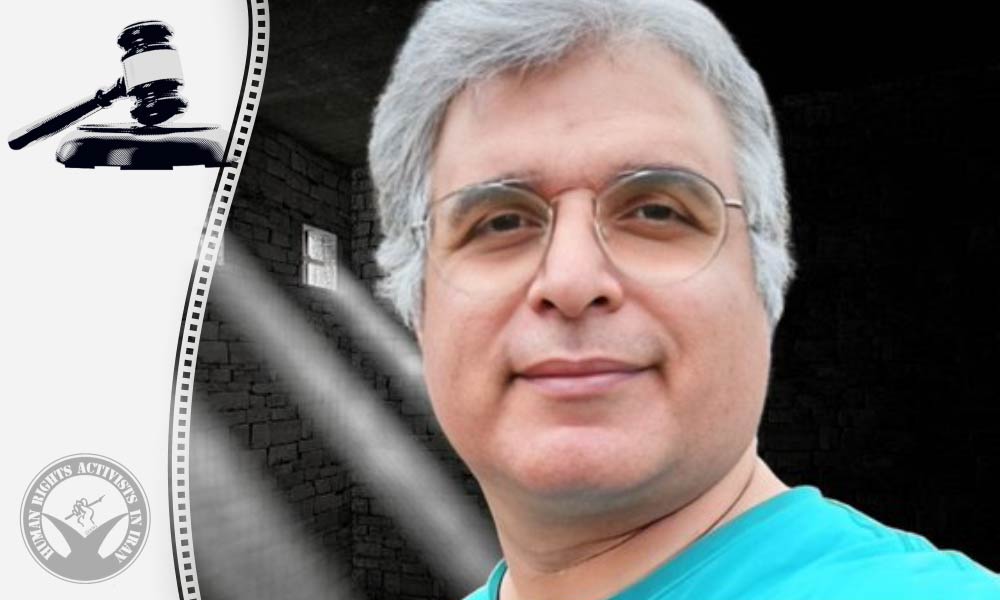HRANA, Human Rights Activists News Agency-Hami Bahadori, a Baha’i citizen, has been sentenced to six years in prison by the Tehran Revolutionary Court. He is currently being held in Evin Prison.
On June 21, Judge Salavati, presiding over branch 15 of the Tehran Revolutionary Court, issued a verdict stating that Bahadori is to serve five years for “assembly and collusion against national security” and one year for “propaganda against the regime.” Additionally, Bahadori has been banned from leaving the country for two years, and some of his and his wife’s belongings have been confiscated.
Should the verdict be upheld on appeal, in accordance with Article 134 of the Islamic Penal Code, the five-year prison term for the charge of “assembly and collusion” will be enforceable.
According to a reliable source, Bahadori was not provided with prior notice of his trial and was denied the presence of his lawyer. He received this verdict immediately following the court session.
Bahadori was arrested by security forces on October 22, 2022, and subsequently detained in Evin Prison. Recently, he expressed his grievances about the unjust treatment of religious minorities within the judicial system through a written letter.
According to HRANA annual report, from the total human rights reports regarding the violation of religious minorities’ rights, 64.63% belonged to the violation of the rights of Baha’is.













